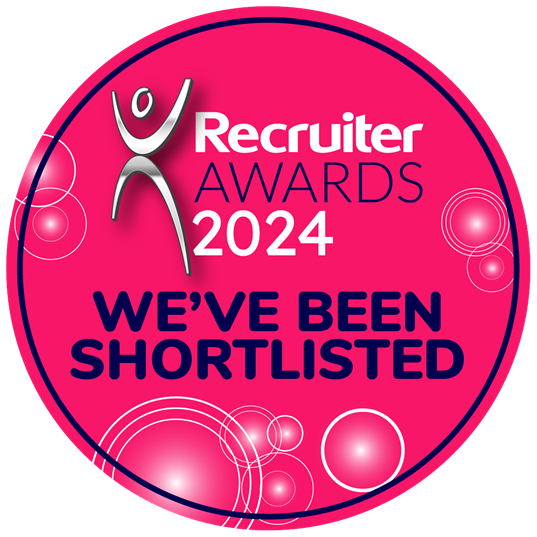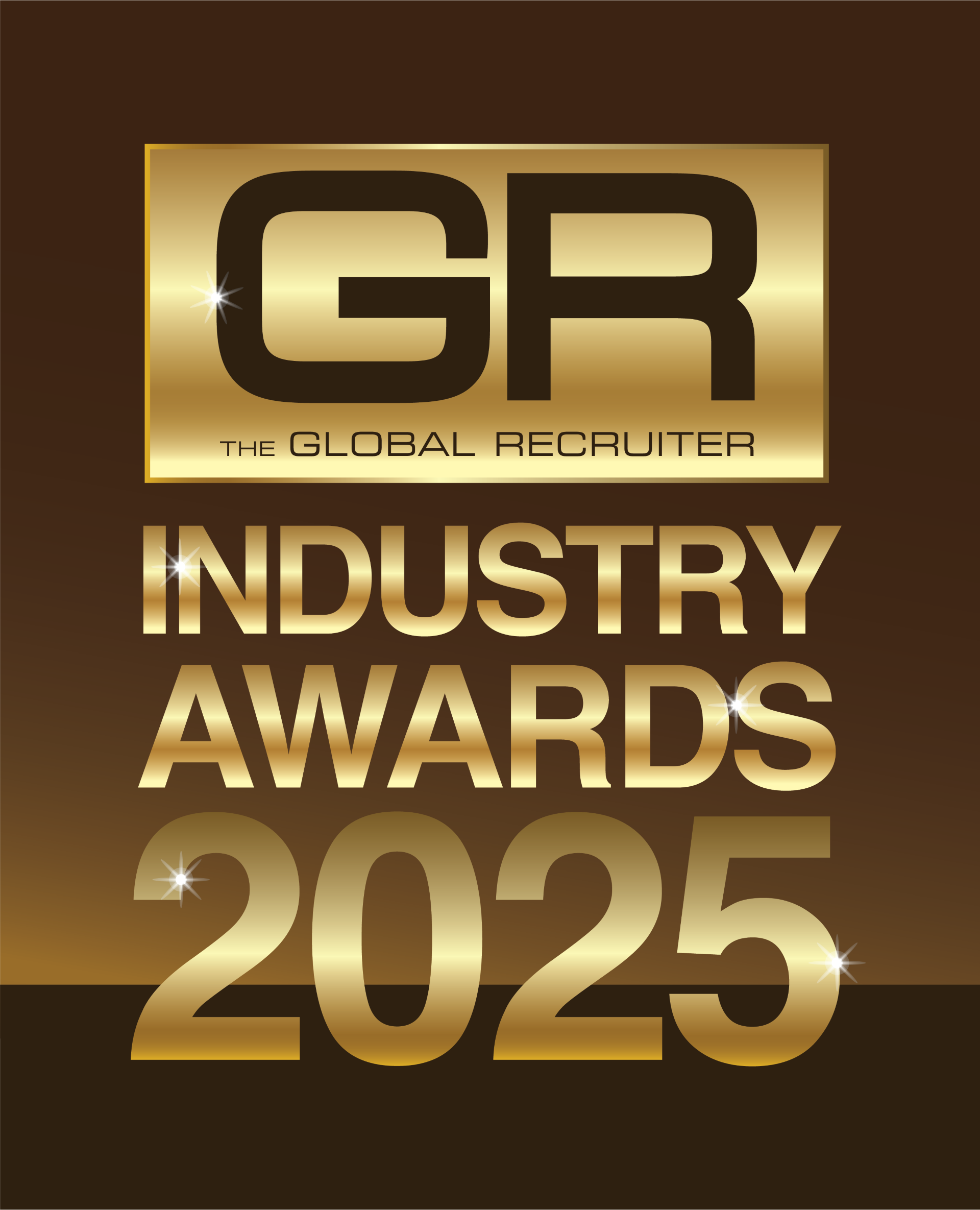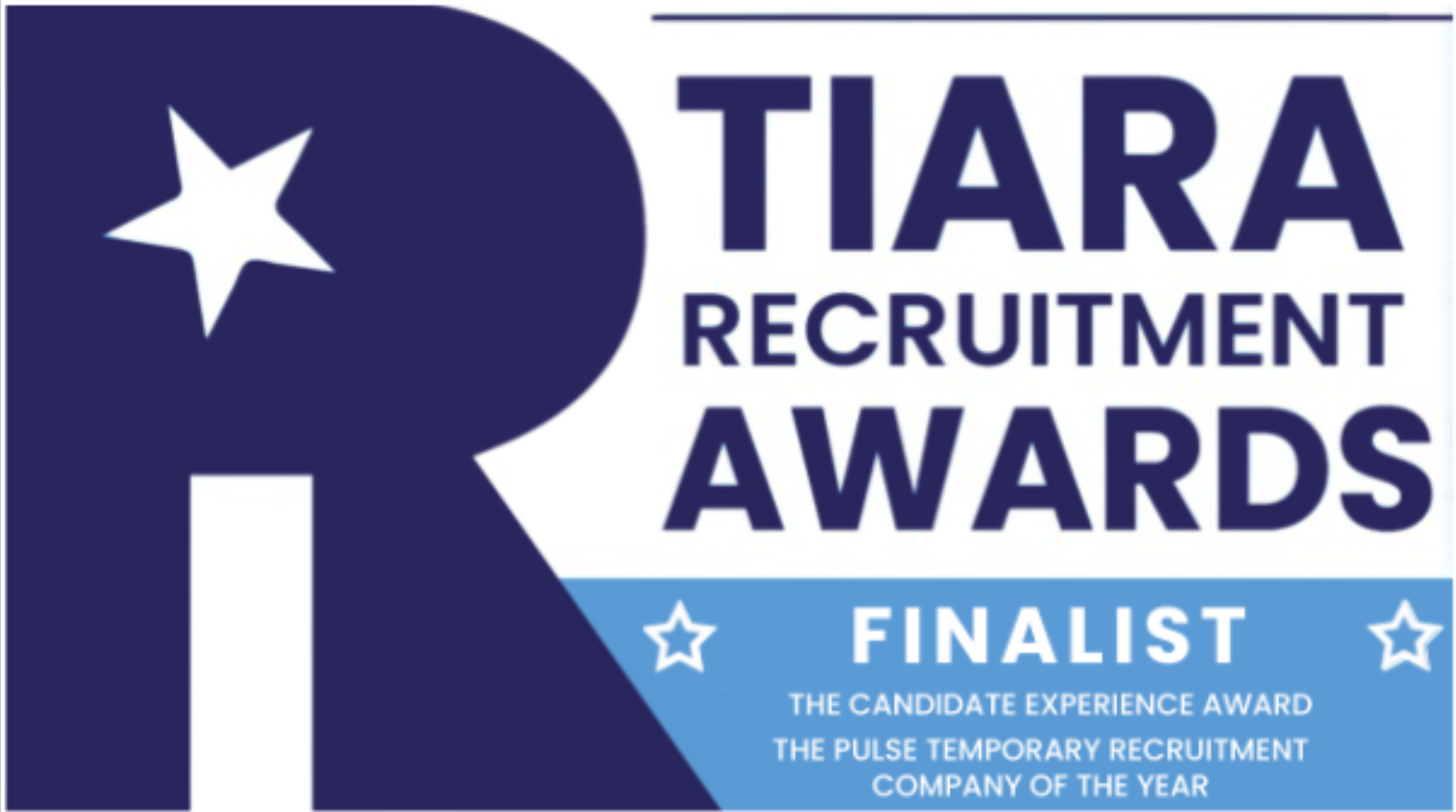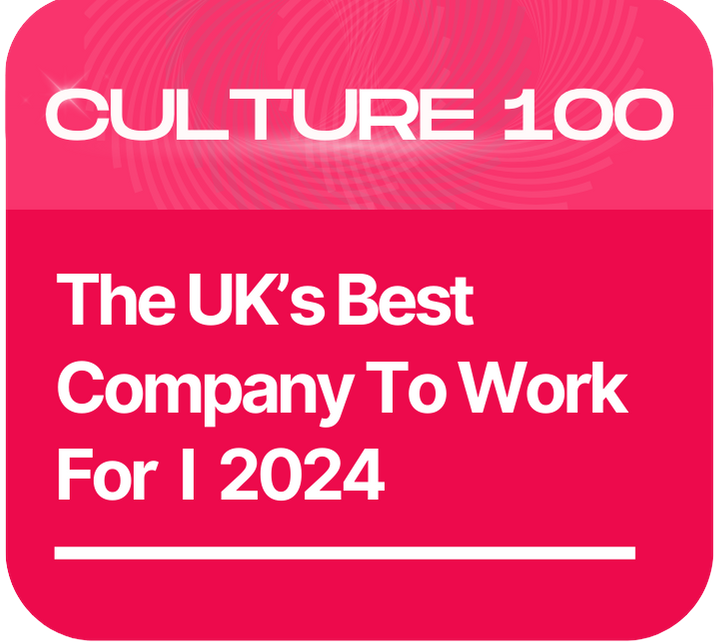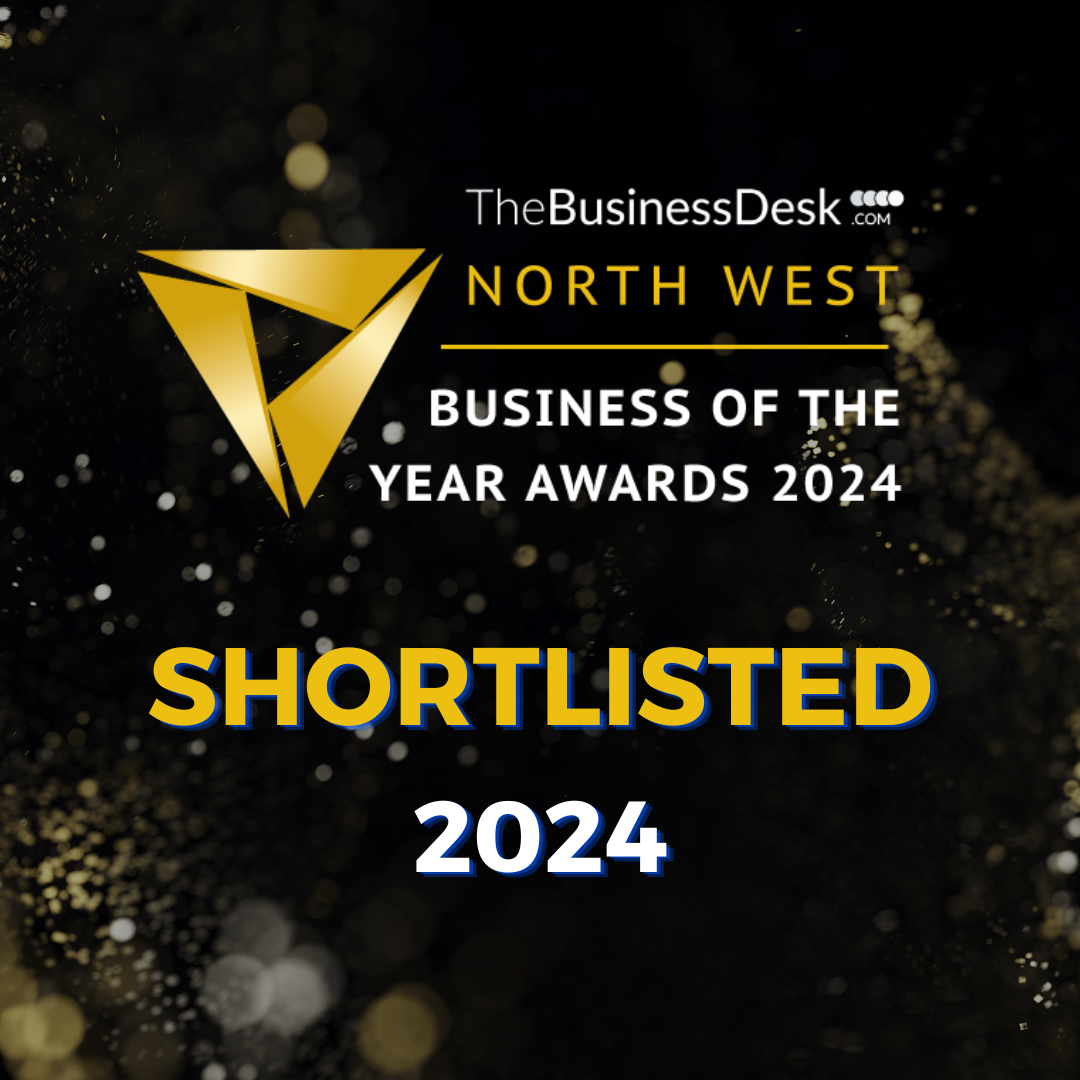Is “Quiet Quitting” A Real Thing?

Going viral back in 2022 thanks to TikTok, the term ‘Quiet Quitting’ swept the globe with employees showcasing how much they would achieve in their day-to-day job roles... or more appropriately, how little.
Put simply, the phrase describes:
‘Employees not outright quitting their jobs, but doing the bare minimum and not going above and beyond what is expected of them’
The trend was largely brought on by the aftermath of the pandemic, as people assessed what they wanted from a role whilst reviewing how they felt about work.
The outcome for many: Execute the tasks they are paid for in their set working hours.
Although Quiet Quitters do fulfill the general requirements of their role, they’re less willing to take initiative, work overtime or volunteer to take on additional responsibilities. These types of employees are subtle, and in fact are almost an invisible phenomenon, but can cause a wave of disruption to business productivity, efficiency, culture and more. Ultimately, Quiet Quitters have stemmed from being disengaged in their roles. This disengagement may come from simply not enjoying their role, but a large proportion have arisen from being overworked and under-appreciated by their employers. And at an all time high with 85% of employees right now stating that they’re not engaged at work, the number of Quiet Quitters are likely to increase if hiring and cultural elements aren’t reviewed.
Let’s explore.
What does ‘Quiet Quitting’ actually look like in the workplace?
- Staying quiet in meetings and not sharing opinions
- Ignoring emails and messages outside of working hours (We don’t mean 9pm at night! But more like 5:03pm!)
- Not willing to take on any leadership responsibilities
- Aren’t keen to join work social events
- Won’t complete tasks that aren’t directly listed on their job description
How can you combat ‘Quiet Quitters’ within your team?
The trending buzzword is leaving many employers concerned about their own teams; if their employers are willing to go above what’s asked by them on paper, what their working relationship is really like, and how invested they really are in helping achieve – and exceed – company goals.
Here are 3 ways to begin combatting ‘Quiet Quitters’
Start From The Top
The demeanor of your managers, their enthusiasm and leadership capabilities have an undeniable trickle effect on how your staff not only perform, but also behave in their roles. So… start from the top. Because did you know that only 1 in 3 Managers are actually engaged themselves at work! In order for your teams to be engaged, they need to feel that the people who they are receiving the additional tasks from, are motivated themselves.
Create A Sense Of Purpose
As the saying goes, ‘a happy worker is a productive worker’. For your employees to be engaged and produce the best work that they can, you must invest your time and attention into them; tick box HR activities do not cut it anymore. Spend time understanding the individuals within your business and what they want to achieve. From there, provide them with opportunities for learning and development . Take time sitting with team to design a development plan that meets both theirs and your company needs. A sense of purpose, beyond what’s listed on a job description, can create extraordinary results!
If you feel that your team may be stressed, here’s how you can support them in their role.
Manage Expectations Early On
As businesses grow and expand, its not uncommon for a teams to needs to change or roles to widen in scope to accommodate these developments. And for most businesses, change is inevitable as industries and economies morph. During the hiring process, ensure that you’re transparent about:
1.Growth plans of the business and how this could impact their role
2.What you’ve previously witness in your industry and forecasted trends that may affect them.
Honesty is the best policy!
Combat Quiet Quitters With A Killer Hiring Process.
Explore Live Job Roles Here
Fire & Security Compliance Guide for 2026
GET IN TOUCH

